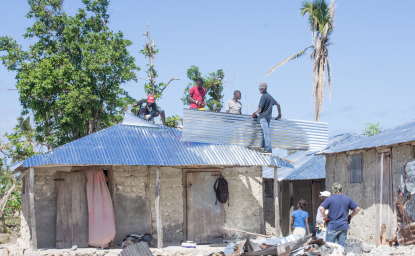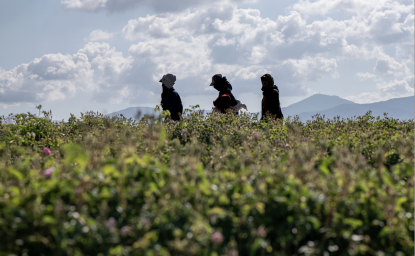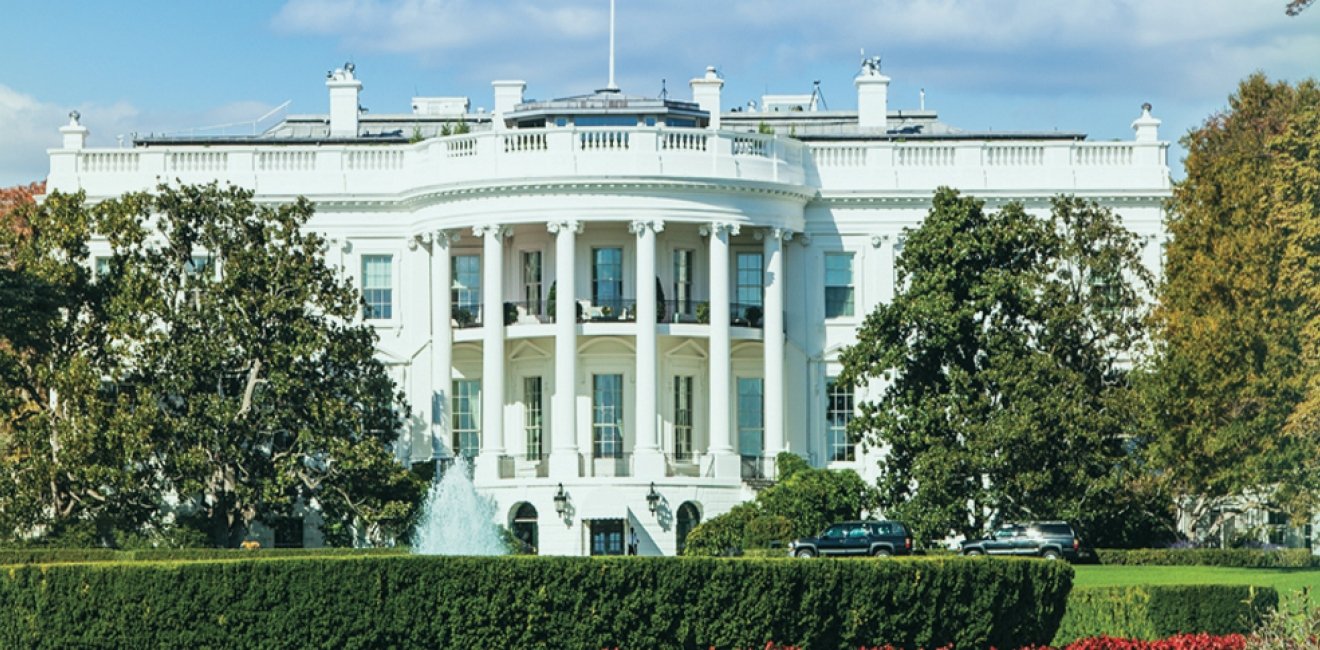The same deep tension lies at the heart of the fight against COVID-19 and climate change, particularly in democracies. In each case, the measures necessary to save everyone entail costs that widen existing inequalities. At a time when the United States and other democracies need solidarity, the resulting civic turmoil and division are feeding (and being fed by) populism.
In the United States, the disastrous response to the pandemic has exacerbated class, racial, ethnic, and age divisions. Shutting down 60 percent of the economy for months, and then reopening it in an uneven state-by-state fashion, has pitted those who can work remotely and want to stay safe against those who cannot and thus regard public-health measures as tantamount to economic suicide.
The 40 percent of the economy that has remained open all along is staffed by millions of “essential workers,” who disproportionately comprise low-paid black and brown Americans. They are up to five times more likely than whites to be hospitalized for COVID-19, and—with more than 37,000 black Americans having now died from the disease—more than twice as likely to die. Intersecting these divides is the coronavirus’s differential impact on younger and older Americans, although jokes about COVID-19 being the “boomer remover” have faded as every age group suffers deaths and serious health consequences.
Beyond the health effects, young people are paying a higher social, educational, and economic price for the shutdown than older Americans. The unemployment rate among those aged under 34 is in the double digits, while McKinsey & Company estimates that the ongoing disruption to schooling will cost $110 billion in lost annual earnings for today’s students. And these are just the consequences that can be measured.
None of this had to happen. America’s poor COVID-19 response is a failure of leadership, not governance. Other democracies—including countries as geographically diverse and culturally distinct as South Korea, New Zealand, Germany, and Ghana—have kept infection rates under control so far. And although communist China is widely viewed as having responded better to the pandemic than the United States, democratic Taiwan has done an even better job—and without suppressing information about the spread of the virus.
The fault lies with a particular kind of populist leadership that is abysmally evident in President Donald Trump’s administration but also plagues other countries, from Poland under the ruling Law and Justice (PiS) party to the Philippines under President Rodrigo Duterte. Such leaders approach problems by blaming others, aiming to strengthen their support within a particular subgroup by fostering division.
That type of leadership undermines trust, and makes it less likely that people will have sufficient confidence in authority and expertise to follow public-health guidelines. It also eschews and destroys any idea of shared sacrifice.
Therein lies the similarity between the responses to COVID-19 and climate change: faced with outsize and unexpected burdens and costs, everyone must commit to give up or pay something.
To be sure, solidarity is much harder to sustain when sacrifice is shared unequally. As with the current pandemic, the effects and costs of climate change are unevenly distributed within and across populations. Those who have benefited from the generation of wealth in the industrial age will not be paying anywhere near a proportionate share of the legacy costs in the twenty-first century.
But embracing solidarity offers a potential path forward for all democracies beset with racial and ethnic tensions, either among native populations or between self-described natives and immigrants. In his forthcoming book on “race, solidarity, and the future of America,” U.S. Navy veteran and former White House Fellow Theodore Johnson defines national solidarity as “the civic version of the Golden Rule,” requiring that each of us “actively champion the right to equality and liberty” for ourselves and our fellow citizens.
Johnson further argues that African-Americans and other minority communities have deep experience of solidarity. Michelle Alexander, author of The New Jim Crow, has similarly called for a “politics of deep solidarity rooted in love.”
Solidarity is both golden and necessary. The United States, along with Japan, China, Russia, and much of Europe, is struggling with a demographic imbalance, having too few young people to support a tsunami of retirees. But the U.S. has a comparative advantage, because both immigration and a more diverse young population are contributing to economic growth.
Whites are already no longer a majority among Americans under 18. By 2027, they will cease to be a majority among those under 30, and by 2045 they will no longer be a majority at all. If America can make closing the racial equity gap its national mission, such that economic, educational, and social disparities simply track America’s demography rather than being disproportionately concentrated in black and brown communities, it will open the door to huge and lasting innovation.
Throughout its history, American democracy has innovated to adjust to technological change, wars, pandemics, and other shocks. Its persistence shows that a society governed by liberal principles, the rule of law, and elected representatives can exist and thrive for centuries. As the U.S. approaches the 250th anniversary of its founding, Americans need to embrace the country’s diversity as a source of strength and solidarity that will allow it to meet collective challenges at home and abroad.
The politics of populism is a politics of division, defining “the people” whom populist leaders claim to represent against others—foreigners, elitists, cosmopolitans, globalists, urbanites, or people of a different color, race, or creed. By contrast, the politics of solidarity is one of unity, reminding us of the common threat to the planet that imperils us all. By choosing a response that unites equity and existentialism, we can save both democracy and our world.
A version of this article previously appeared on Project Syndicate.
Authors


Founder and President, Ecospherics

Environmental Change and Security Program
The Environmental Change and Security Program (ECSP) explores the connections between environmental change, health, and population dynamics and their links to conflict, human insecurity, and foreign policy. Read more

Explore More
Browse Insights & Analysis
In the Wake of a Tropical Cyclone: Turning to Violence or Building Peace?

Harnessing the Benefits of Water Cooperation in an Increasingly Complex World


